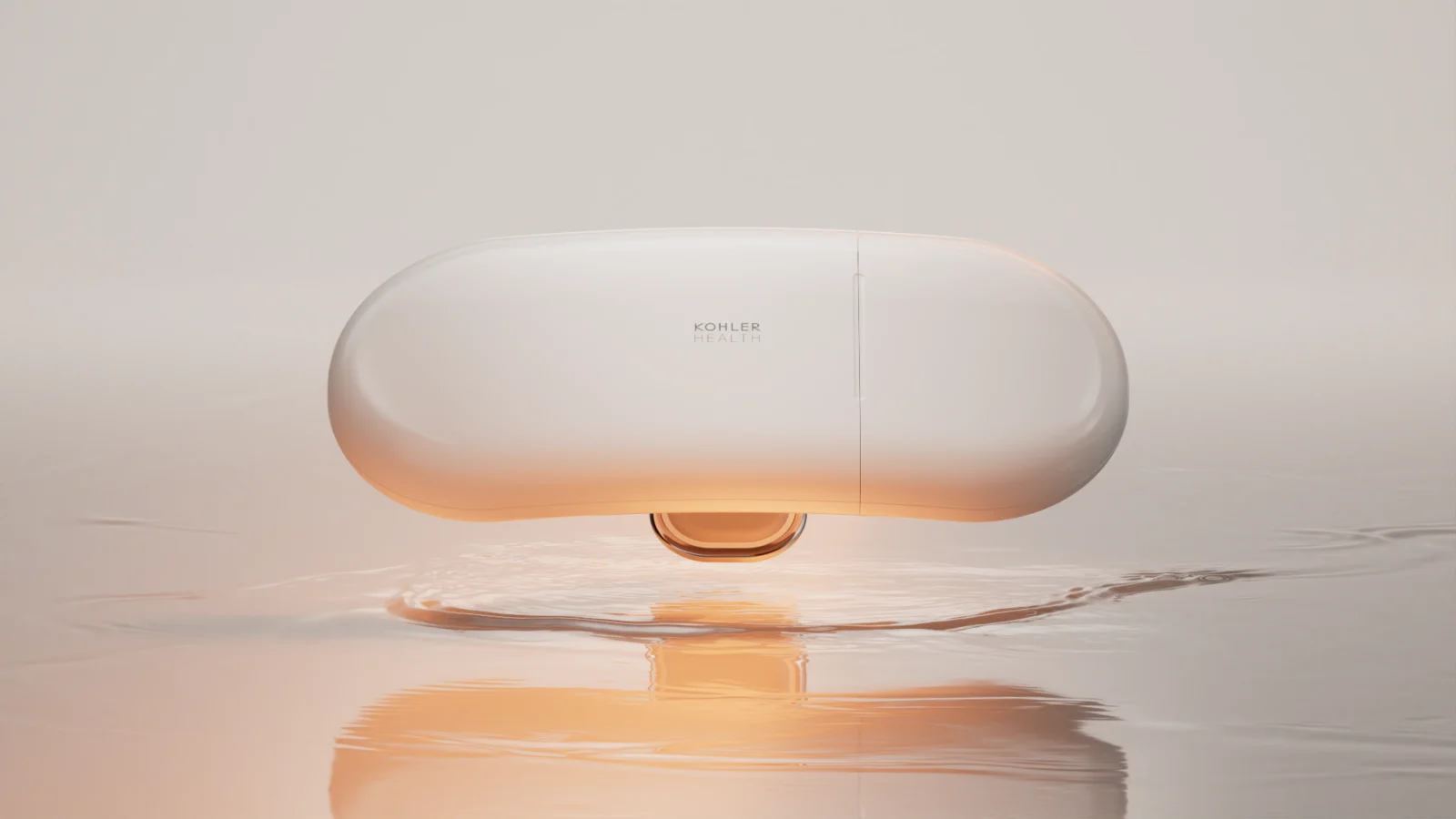Welcome back to today's October 17th, 2025 health breakthrough blog! Where we share everything you need to know that happened in the health world each day.
Let's begin.
The longevity revolution isn't coming—it's already here. Biohacking has rapidly evolved into a legitimate industry poised to deliver what experts are calling a "longevity dividend"—massive gains in economic productivity and dramatic reductions in healthcare costs.
According to recent market intelligence reports, investment in anti-senescence therapies is exploding, bringing more powerful tools from the laboratory to your daily routine faster than ever before. Today's research reveals just how rapidly this transformation is accelerating—from AI-powered health assistants that outperform human experts to regenerative therapies that can literally regrow your hair.
Let's break down the breakthroughs that are reshaping what's possible for human health and longevity.
AI Is Becoming Your Most Powerful Health Assistant
Digital Twins Could Let You Test Supplements on a Virtual You Before Taking Them
Imagine being able to preview how your body will respond to a new supplement, diet, or exercise protocol before you commit to it. That's the promise of "digital twins"—sophisticated computational models that mirror your unique biology and can run simulations of different interventions.
A comprehensive review published in Nature Reviews Nephrology explores how these digital replicas are beginning to personalize medical treatments, particularly in complex areas like kidney health. The researchers claim that digital twins represent the ultimate evolution of the quantified self movement, transforming raw biometric data into predictive, actionable insights.
For people who've been tracking everything from sleep cycles to glucose levels, this technology promises to finally unlock the "why" behind the data—and more importantly, the "what's next."
AI Outperforms Expert Doctors in Genetic Diagnosis
In what might be the most striking demonstration of AI's medical potential yet, a pilot study presented at the American Society of Human Genetics meeting found that Large Language Models actually outperformed clinical geneticists when making diagnoses from genetic data.
The study claims that these AI systems could serve as powerful assistants that help both patients and practitioners identify meaningful patterns in complex genomic information. This doesn't replace human expertise, but it signals we're entering an era where AI can help us extract actionable insights from our personal health data with unprecedented accuracy.
Scientists Develop AI That Designs Perfect Drug Combinations
Ever wonder whether your supplement stack is optimally synergistic—or if you're just throwing darts in the dark? Researchers at KAIST have created an AI system that can predict how cells will respond to different drug combinations, essentially designing therapeutic protocols "like LEGO blocks" to achieve specific outcomes.
According to the research team, this technology could move us beyond educated guessing toward engineered, predictable results in our personal protocols. The implications for personalized supplement stacks and therapeutic interventions are profound.
The Bottom Line: The convergence of personal health data and artificial intelligence is creating a new paradigm for wellness optimization. Consider exploring privacy-focused AI health tools and watch for consumer-facing digital twin platforms as they emerge.
Your Genes Determine Whether Statins Will Give You Muscle Pain
If you're taking statins for cardiovascular health, your genetic makeup might explain why you're experiencing side effects. A study published in PLoS One reports that individuals carrying the T variant of the ABCG2 gene have significantly higher blood levels of rosuvastatin, dramatically increasing their risk of adverse effects like muscle pain and weakness.
The researchers claim this is a perfect demonstration of pharmacogenomics in action—proof that personalized medicine based on genetic testing isn't future speculation but present-day necessity.
The Bottom Line: If you're on statins, consider getting tested for the ABCG2 variant (rs2231142) and discuss personalized dosing with your physician. Genetic data is no longer just interesting—it's actionable intelligence for optimizing your health protocols.
Cancer Detection Is Going Non-Invasive
Liquid Biopsies Are Making Cancer Screening as Simple as a Blood Draw
The market for liquid biopsies—blood tests that can detect cancer without invasive procedures—is experiencing explosive growth in the United States, driven by advances in precision oncology and early detection technology.
Adding to this momentum, a highly sensitive ctDNA test has launched in Europe, specifically designed to detect minimal residual disease and catch cancer recurrence at the earliest possible moment. The technology's developers claim it represents a new standard for proactive cancer monitoring.
Umbilical Cord Blood Stem Cells Show Promise for Cerebral Palsy
A systematic review published in Orphanet Journal of Rare Diseases confirms that umbilical cord blood stem cells are a safe and effective therapy for improving motor function in cerebral palsy patients.
The review's authors claim this adds to mounting evidence for the regenerative potential of these cells. Meanwhile, separate research published in Frontiers in Physiology is mapping out next-generation therapies to combat sarcopenia—age-related muscle wasting—which is critical for extending not just lifespan but healthspan.
Important Caveat: Not All Stem Cell Studies Hold Up Under Scrutiny
In this exciting field, maintaining skepticism is crucial. A reanalysis published in Stem Cell Research & Therapy found that when researchers applied more appropriate statistical models to a study on mesenchymal stem cell therapy for knee osteoarthritis, the reported benefits completely vanished.
The reanalysis authors claim this serves as a critical reminder: always look beyond headlines and scrutinize methodology before investing time, money, or hope in emerging therapies. True breakthroughs are built on rigorous, reproducible science—not optimistic interpretations of marginal data.
The Future Is Already Unfolding
What's remarkable about this week's research isn't just the individual breakthroughs—it's the convergence. AI is making sense of our biological data, genetic testing is enabling true personalization, liquid biopsies are catching diseases before symptoms appear, and regenerative therapies are moving beyond symptom management toward actual biological repair.
The longevity revolution is no longer theoretical. The tools are becoming real, accessible, and increasingly powerful. For those of us committed to optimizing health and extending healthspan, this isn't just exciting—it's actionable.
The question isn't whether to engage with these emerging technologies. It's how quickly we can separate genuine breakthroughs from hype, and how intelligently we can integrate proven interventions into our protocols.
The future of human health isn't something we're waiting for. It's something we're actively building, one breakthrough at a time.
I'll see you all tomorrow with more health breakthroughs! If you'd like this in your inbox before it's posted anywhere - sign up to our newsletter.


